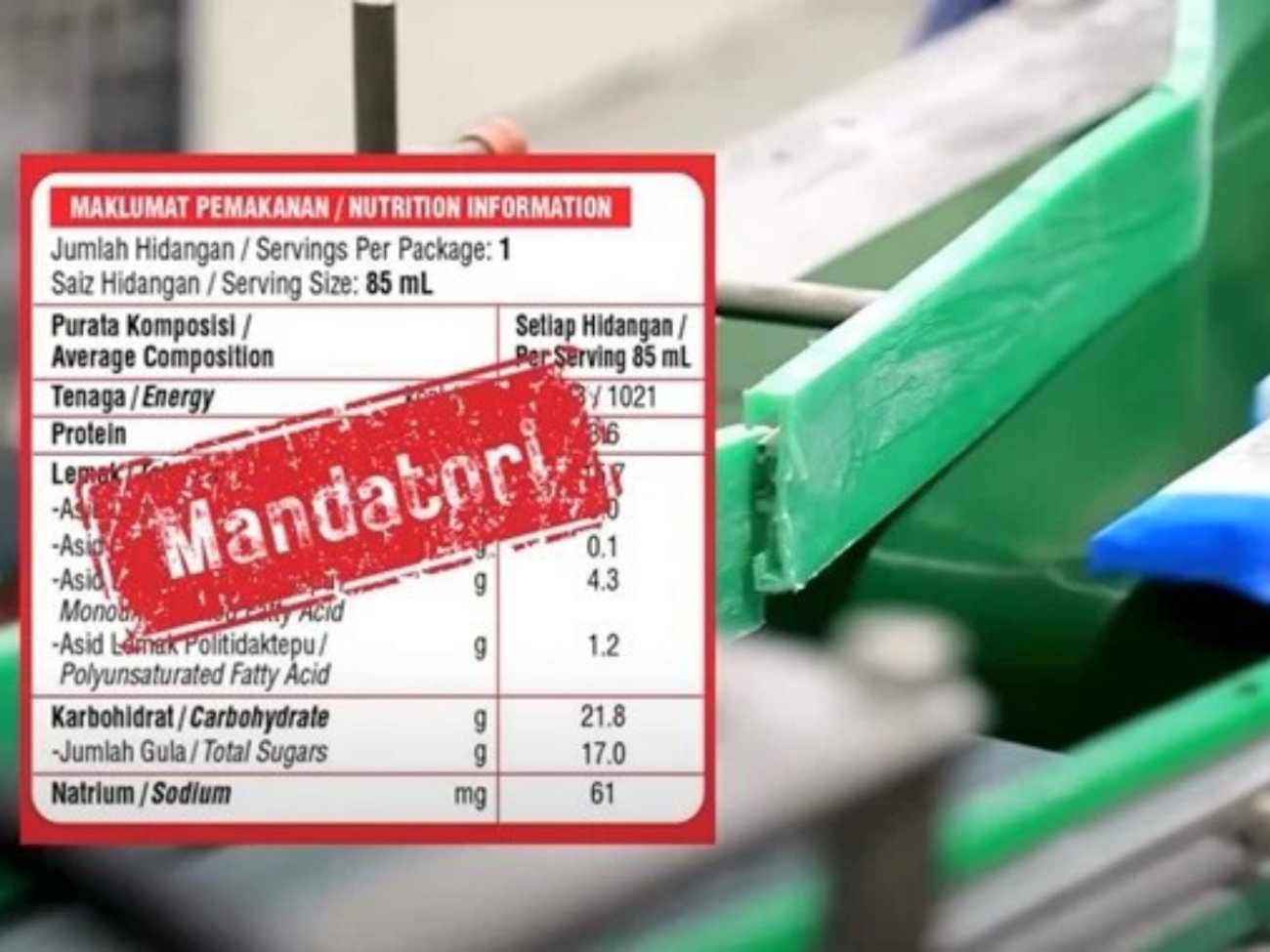Read the original article here
Excessive salt intake can lead to high blood pressure and heart disease, which are the leading causes of death and disability in Malaysia and worldwide. Studies show that an average Malaysian eats 50% more salt than recommended by the World Health Organization (WHO), which poses a serious risk to one’s health. To reduce salt consumption in Malaysia, the Ministry of Health and WHO are collaborating on several initiatives to promote and drive people to make healthier food choices.
Unfortunately, it is often difficult to tell the salt content in our food, especially when buying packaged foods. Many products in the market, such as instant noodles, have excessive salt content. However, without appropriate nutrient information on the food packaging, it is challenging to assess how much salt the product contains.
To raise consumers’ awareness of the salt content in packaged products, the Ministry of Health has introduced a new regulation, making it mandatory for food manufacturers to include the sodium* content on the nutrition information panel. This can usually be found at the back of the packaged product. The sodium content must be presented in milligrams (mg), either per 100 grams or 100 milliliters of the product.
*Sodium is the component of salt (sodium chloride) which contributes to high blood pressure.
To support the implementation of this new regulation, WHO produced a video educating consumers on how to read the nutrition information panel, focusing on how to assess our daily salt intake. This video tells consumers to look for food products that are labeled "no added salt" or "low sodium", offering a step-by-step guide that informs consumers how to choose products with low-salt content.
Additionally, consumers can make a report if the sodium content is not disclosed on the package. They can either email the food producer directly or file a complaint with Ministry of Health's public complaint management system.
WHO has been actively involved in supporting the Ministry of Health's efforts to educate the public about the health risks of excessive salt consumption and the importance of reducing salt intake. Examples of previous work include a social and behavioural change communication campaign, which aimed to inform Malaysians of all ages about the risk of excessive salt intake.
Having the sodium content clearly labeled on the product is an important step in empowering consumers to make better-informed and healthier food choices.



